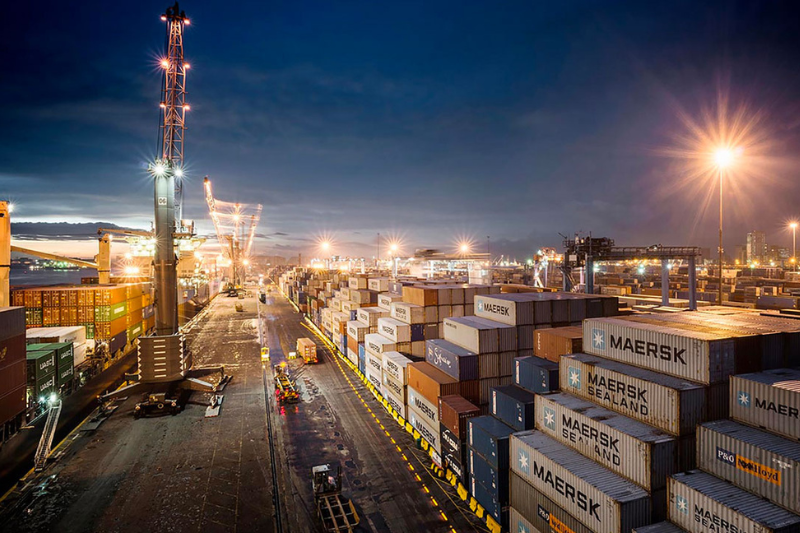The Federal Government has chosen to ignore the debts owed by operators of leased port terminals and has renewed their agreements, despite the operators violating the terms of their contracts.
The port concession/lease agreement, which was entered into in 2006, did not have proper legislation or regulations to monitor the concessionaires.
Political forces have been protecting the concessionaires who have failed to meet their obligations, including their financial and infrastructure development requirements.
Some concessionaires have not paid their fees since 2006 and have not developed the port infrastructure as required.
However, their lease agreements have been renewed under pressure from certain government forces.
An audit query revealed that 18 terminal operators failed to remit $753 million and N1.61 billion to the Federal Government from 2006 to 2019.
Despite this, the Nigerian Ports Authority (NPA) renewed the contracts of 21 terminal concessionaires in 2020. The remaining five concessionaires with expired contracts are pushing for renewal with the support of politically-exposed persons from the government.
Keep Reading
The Minister of Transportation, Muazu Sambo, directed the Nigerian Shippers’ Council (NSC) to carry out performance audits on the terminal operators before any lease renewal. However, the NSC declined to provide an update on the renewal process.
The Bureau of Public Enterprises (BPE) and NPA also declined to comment on the current state of the concession renewal.
The NPA stated that five concessionaires met the performance requirements for renewal, but there has been no feedback on the clearance of the debt or the development of the deteriorating port infrastructure.
The concession agreement document has been kept secret, making it difficult for the public to scrutinize its flaws and the obligations of the parties involved.
Experts are calling for a review of the concession agreements to ensure they are in line with international best practices and beneficial to the economy.
They also want greater government intervention to regulate the terminal operators and shipping companies, who are increasing tariffs and charges without regulation.

